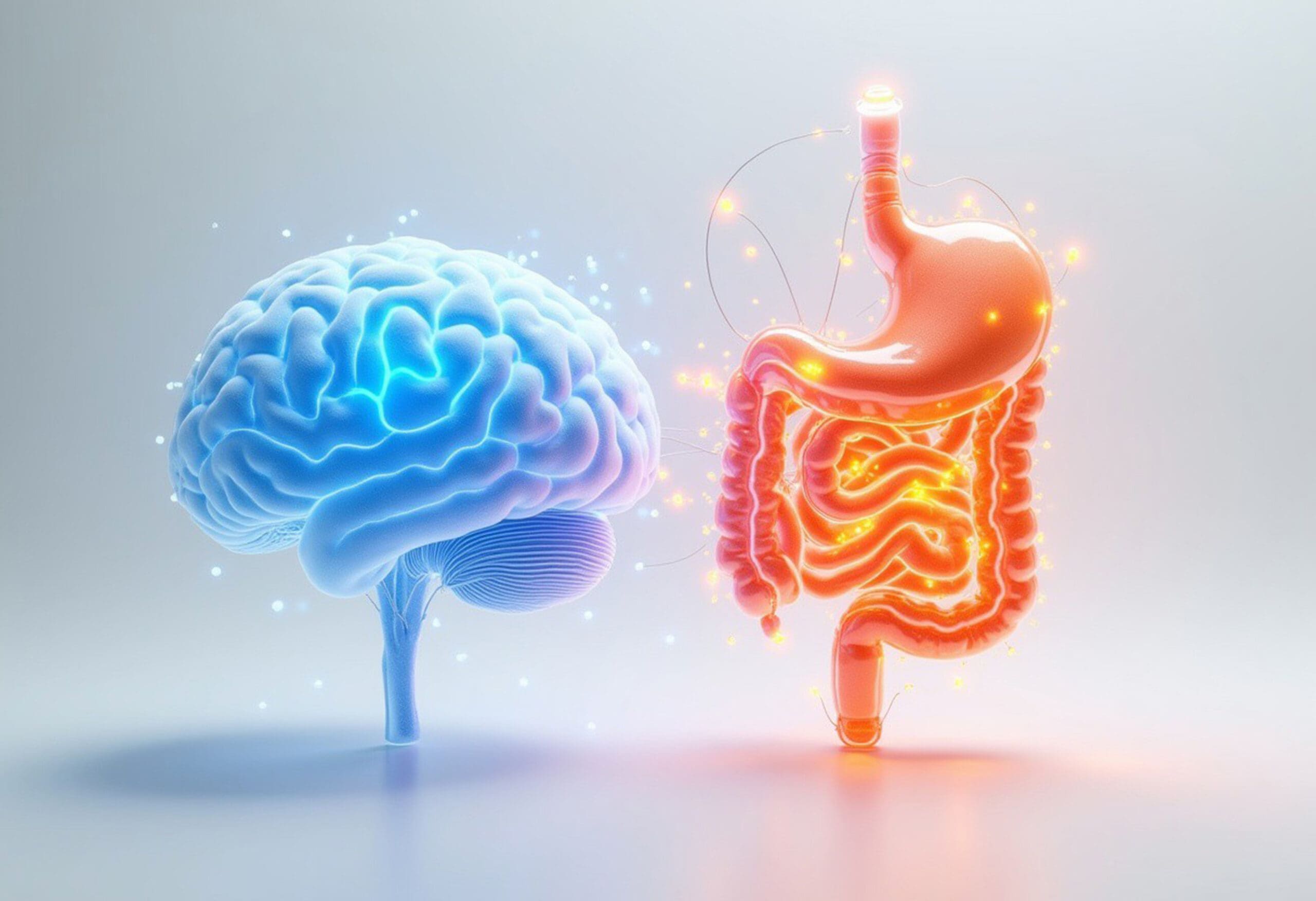Infertility – When It’s Unexplained
It’s more common than you think!
A survey of 15,000 men and women reveals the scale of infertility with one in eight women and one in ten men having experienced infertility in Britain. In Australia there are one in six couples with infertility issues while worldwide that figure is estimated at 80 million people (WHO).
The definition of infertility means the inability for a couple to conceive after 12 months of unprotected intercourse or the inability to carry a pregnancy to a live birth.
Causes of infertility may range from: environmental factors, such as exposure to chemicals or smoking; to physical factors, such as blocked fallopian tubes or obesity; to conditions that prevent production of sperm or mature eggs, such as low or high testosterone (NICHD).
A very common cause of infertility is progesterone deficiency, and this can be overcome with natural progesterone cream. Progesterone cream can be continued for the first 4 months of pregnancy to reduce the risk of miscarriage.
Then there is another category where there is no explanation – unexplained infertility. Unexplained infertility is a term we hear about a lot in the reproductive world. It applies when the standard infertility testing has not found a cause for the failure to become pregnant. In medical terms it’s referred to as idiopathic infertility or another way to explain it is ‘doctors can’t figure it out’. Sound familiar?
While on the one hand this is good news, on the other hand, it’s also frustrating when you are trying to become pregnant and not know what to do next. About 25% couples with infertility issues are given a diagnosis of unexplained infertility. In reality there are probably hundreds of ‘causes’ of infertility. Afterall there are lots of things that have to happen in order to become pregnant and have a baby.
Sometimes it’s a matter of covering the basics by looking at nutritional deficiencies, low cervical mucous, inaccurate timing of intercourse, a pre-existing health condition or it might be necessary to explore further testing such as saliva tests or methylation issues.
There are many instances where poor dietary and lifestyle habits have directly impacted on reproductive health. Other health issues such as ovulation irregularity, endometriosis, tubal disorders, uterine fibroids and cysts, etc need to be addressed prior to trying to conceive.
Hormonal balance is the next place to check. An irregular menstrual cycle could mean hormonal imbalance or other more serious fertility issues. Men can have a hormonal imbalance as well that may affect sperm health. Hormonal imbalance can have other health related issues such as thinning hair, heart palpitations, low libido, depression, etc.
For menstrual irregularities, the following hormones are checked: progesterone, oestrogen, follicle stimulating hormone (FSH), luteinizing hormone (LH), androgens (DHEA, testosterone), thyroid hormones and prolactin.
For men, the number one test for hormonal imbalances is the ratio of testosterone vs. oestrogen. Poor diet and lifestyle choices are also contributory factors for hormonal imbalance and low sperm count. Common signs of hormonal imbalance in men are low libido, abnormal hair growth and erectile dysfunction. Hormonal testing for males includes: testosterone, DHEA, prolactin and oestrogen.
Further investigation into health issues affecting both men and women may need to be explored. Other health related issues may cause hormonal imbalance, poor egg health, low ovarian reserve or poor/abnormal immune response which may affect conception. Some of these may be thyroid issues, poor adrenal health, low body weight, obesity, diabetes, autoimmune disease, cancer, smoking, alcohol, drug addiction, hypertension, long-term use of medications, heavy exposure to radiation or other environmental pollution and stress.
New research is now showing how certain lifestyle choices affect fertility. These findings help to indicate the direction for future research which means more answers into the issue of unexplained infertility.
Environmental impact on fertility
Few studies have investigated the effect of the environment on fertility but this study by the Longitudinal Investigation of Fertility and the Environment (LIFE) Study, examines the relationships among certain environmental factors, lifestyle activities, and reduced fertility.
Data analysis is currently investigating persistent chemicals such as polychlorinated biphenyls, and lifestyle factors, including stress, cigarette smoking, caffeine intake, and alcohol usage. The primary study outcomes measured time-to-pregnancy, pregnancy loss, and infertility. Several cases of environmental chemicals have been associated with infertility impairment with longer time required to become pregnant and poor semen quality.
Lifestyle factors – obesity
With the subject of obesity being a hot topic in the 21st century, investigators studied whether obesity prior to and during early puberty also increased androgen hormone production. Research shows that obesity is associated with increased production of androgen in adult women and during late female puberty or adolescence. Increases in androgens due to hormonal fluctuations, can disrupt female reproductive cycles thus leading to infertility in some cases. The results of this study demonstrate that childhood obesity affects normal hormone production and that these early hormone level changes could influence fertility later in life.
Lifestyle factors – Stress Reduces the Ability to Conceive in Women
Although a few studies have found an association between stress and the probability of conception, it remains unclear whether stress causes fertility problems or fertility problems cause stress. Recently, the NICHD examined this issue by studying alpha-amylase, an enzyme in saliva that has been linked with increased or high levels of stress. In this prospective cohort study, researchers measured the levels of alpha-amylase in the saliva of women who were trying to get pregnant. In the study, the probability of pregnancy was lower for women with higher levels of alpha-amylase than for those with lower concentrations, suggesting that stress reduced the probability of conception.
Victoria Taylor, naturopath at the Cabot Medical Centre specialises in fertility care for men and women, providing professional advice, assessment and naturopathic treatment. Lifestyle programs and natural therapies are offered in addition to medical interventions within the centre to maximise the chance of pregnancy while minimising the treatment required. Programs are tailored to suit the individual needs of each person and couple.
Sources:
NICHD Research Helps Unravel the Complex Causes of and Treatments for Infertility
The Fertility Society of Australia
Books by Dr Sandra Cabot and Margaret Jasinska ND
Infertility: The Hidden Causes how to overcome them naturally
Hormones; Don’t Let Them Ruin Your Life









Leave A Comment